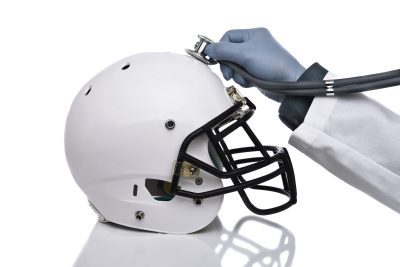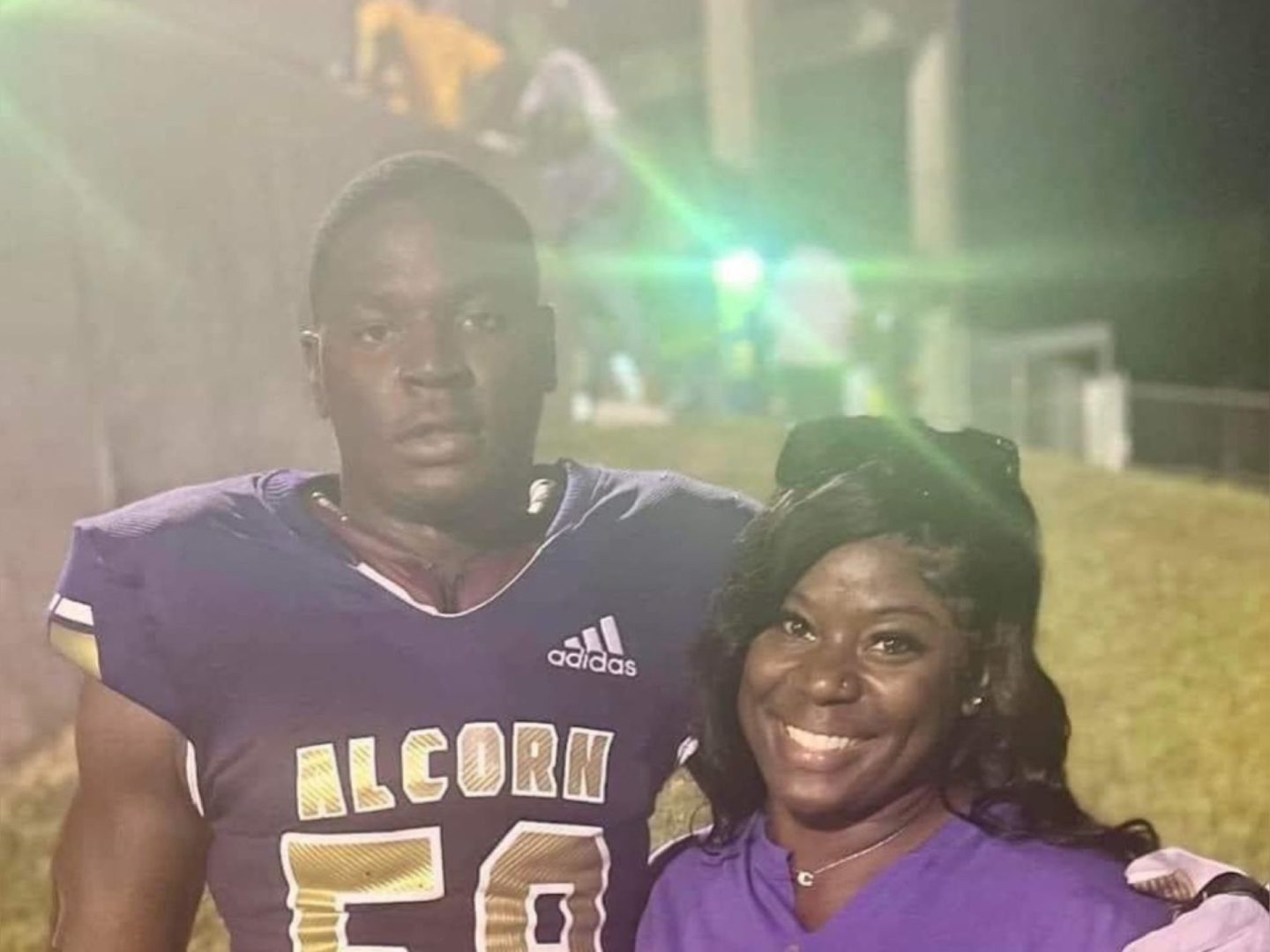
Former New England Patriots tight end Aaron Hernandez suffered from a severe case of chronic traumatic encephalopathy (CTE), according to Boston University tests. CTE is a brain disease that is caused by multiple blows to the head, as highlighted in the 2015 film Concussion.
“Not only were the result positive, but we’re told that it was the most severe case they had ever seen for someone of Aaron’s age,” Hernandez’s attorney Jose Baez said at a press conference on Thursday, Sept. 21.
Hernandez had an advanced Stage 3 of CTE out of the 4 potential stages. Baez advised that all attorneys dealing with athletes should consider running tests on their client’s brain health during trials in the future.
“It’s something that we considered as a team but did not pursue because simply his defense was one of actual innocence and not one of litigation,” Baez said. “It’s something I deeply regret.”
Former New York Giants safety Tyler Sash died in 2015 of an accidental overdose of pain medications, according to The New York Times. Sash returned to his home state of Iowa after being cut by the Giants in 2013 and displayed irregular behavior, according to his family. He couldn’t find meaningful employment because he had difficulty concentrating long enough to finish a job. Sash was once chased down four blocks and ultimately arrested for public intoxication and he showed spurts of anger, confusion, and memory loss. Brain tests were done on Sash after his death and it was discovered that he suffered from Stage 2 CTE, the same level that former All-Pro linebacker Junior Seau suffered from when he committed suicide at age 43.
Boston University recently came out with another report that playing tackle football before age 12 leads to more brain damage later in life than players that begin playing after 12. Multiple scientists are arguing the fact that since the human brain develops rapidly between the ages of 10 and 12, children shouldn’t experience multiple blows to the head until at least their teenage years.
Flag football has been promoted even more for the youth and Pop Warner leagues have taken away kickoffs, which is considered one of the more dangerous plays in football. A program in Illinois shut down after only 11 children signed up to play, in a league that peaked at over 150 sign-ups, according to the Chicago Tribune. Statistics show that in all but one year, participation in youth football is decreasing.
The news of Hernandez’s diagnosis comes the same week that Midwestern State University player died after being injured making a tackle last Saturday. As the dangers of football are highlighted, the sport will face increasing pressure to change. The NFL agreed to pay $1B to former players suffering from the symptoms of concussions. Pop Warner faced a class-action lawsuit last year from two parents who claimed their children died from CTE. The restrictions on football have tightened over the years, limiting the amount of shoulder pad and tackle practices at every level of the game.
Hernandez was serving a life sentence with no possibilty of parole for the murder of Odin Lloyd in 2013. He was found hanging in his cell in April. CTE can only be diagnosed by autopsy.
















